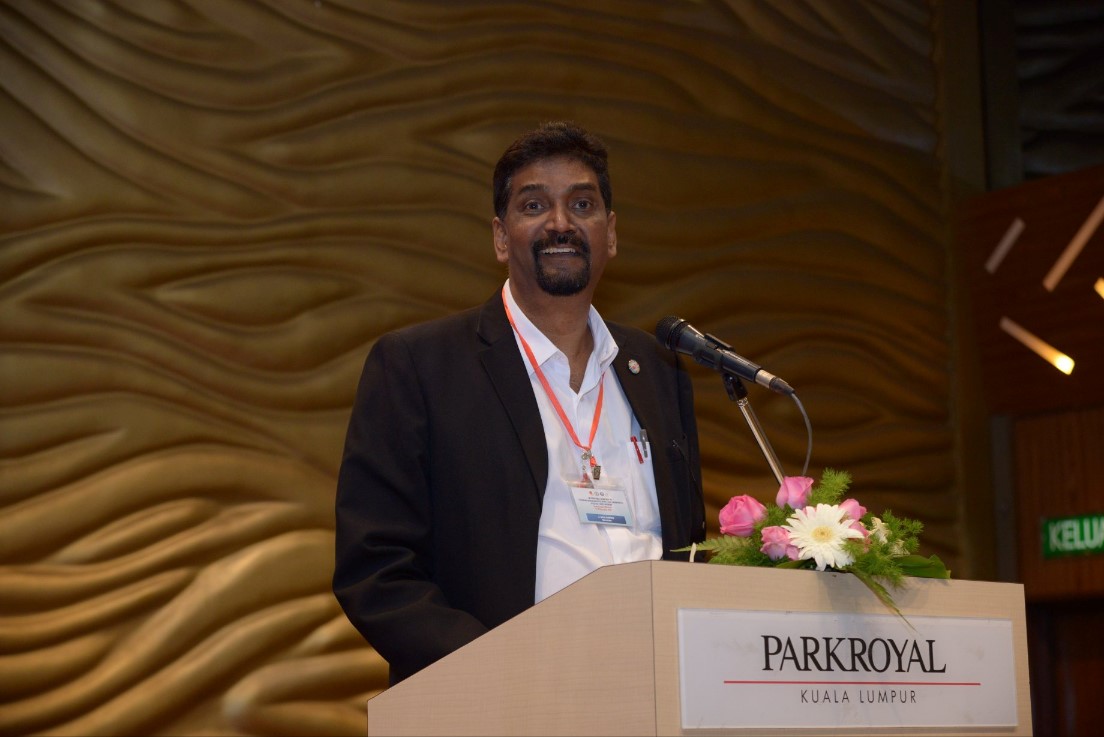KUALA LUMPUR, Feb 5 — The Malaysian Trades Union Congress (MTUC) stood by its claim that the Social Security Organisation (Socso) is denying its insured the “right” to free dialysis treatment.
MTUC secretary-general J. Solomon noted that dialysis will now only be provided for free if an employee has made contributions to Socso for 24 months, among other conditions, as opposed to the previous requirement of only contributing for 12 months.
This is the case for insured persons who are only eligible for an Invalidity Grant scheme by Socso, and who cannot get rehabilitation benefits for dialysis. This group will no longer be eligible to get these benefits, he said.
“Is this not a denial of benefits?” he asked in a statement yesterday.
He added that MTUC’s earlier statement slamming Socso’s new rules for subsidising dialysis was not misleading, and alleged that Socso “honey-coated” and “buried” the new conditions in its response.
Solomon said that Socso has been providing dialysis to those who are eligible for monthly invalidity pensions. This scheme was expanded in 2001 to include those who are eligible receive invalidity grants or rehabilitation, which requires a minimum 12 months’ worth of contributions to Socso to qualify.
Apart from haemodialysis, Socso has also been providing, in recent years, peritoneal dialysis (CAPD), erythropoietin, AV fistulas, and anti-rejection drugs for those who have undergone kidney transplant, which MTUC commended as progressive steps.
But Solomon questioned the move to withdraw coverage for those eligible for the Invalidity Grant, which he said was not only “regressive” but “cruel” as the tightened criteria would affect everyone requiring dialysis.
Dialysis treatment is provided free-of-charge at any Socso dialysis panel centres, government hospitals, private dialysis centres, or facilities run by non-government organisations (NGOs), but the eligibility for end-stage renal disease patients getting free dialysis covered by Socso is now tied to the respective new applicant’s tenure and quantum of contribution to the fund.
Effective last January 10, insured persons must have paid monthly deductions comprising at least one-third of their first deduction upon entering the scheme until their invalidity notice is received by Socso, and at least 24 months’ worth of monthly deductions to Socso within 40 consecutive months before their invalidity notice is received, to qualify.
After MTUC raised alarm over the issue, Socso responded to say that it cannot be the only group to provide dialysis as treatment costs are estimated to continue to escalate, and proposed that all health, welfare, and social organisations in the country look at a solution for health financing.
Solomon, meanwhile, slammed Socso for saying that the social security fund had gone beyond the responsibilities of the organisation as per Section 57 of the Employees’ Social Security Act (ESSA) 1969 by providing dialysis treatment for free. He asked if this means Socso has been contravening the Act from 1999 onwards, when it started providing the service.
“This is a clear misrepresentation and a lie as the section is clear that such provisions are required to assist the covered employees to return to the workplace and also manage their lives and family responsibilities,” he alleged.
He also noted that Section 57 of the ESSA allows dialysis to be provided based on the recommendations of a medical board or appellate medical board with Socso, but it does not empower Socso to impose conditions on eligible contributions for rehabilitation benefits.
“The board has no powers to introduce eligibility conditions and has been misled to believe it can be done, by the management of Socso,” he said.
Solomon said Socso has not been upfront about why it has imposed the new conditions, and noted that the sustainability of the fund is the real issue at hand.
Socso’s sustainability, he claimed, has been affected by low returns on investments, “ill-conceived investment decisions, which led to losses”, and expenditure on items with “little or no returns, but only promised benefits that have not materialised”.
“Instead of addressing the financial issues by reducing administration costs incurred arising from high salaries, increased contract employees with high salaries, and big annual bonuses for the top management, Socso’s administration decided on steps to reduce or deny benefits available to insured persons under the (ESSA).
“This, unfortunately, is the wrong move as it denies benefits to the most venerable section of the contributors, for whom the scheme was established,” he said.
Solomon called on Human Resources Minister M. Kulasegaran to “break out of his shell” and address the matter once and for all, noting that the issue has already gone viral on social media by opposition MPs.








